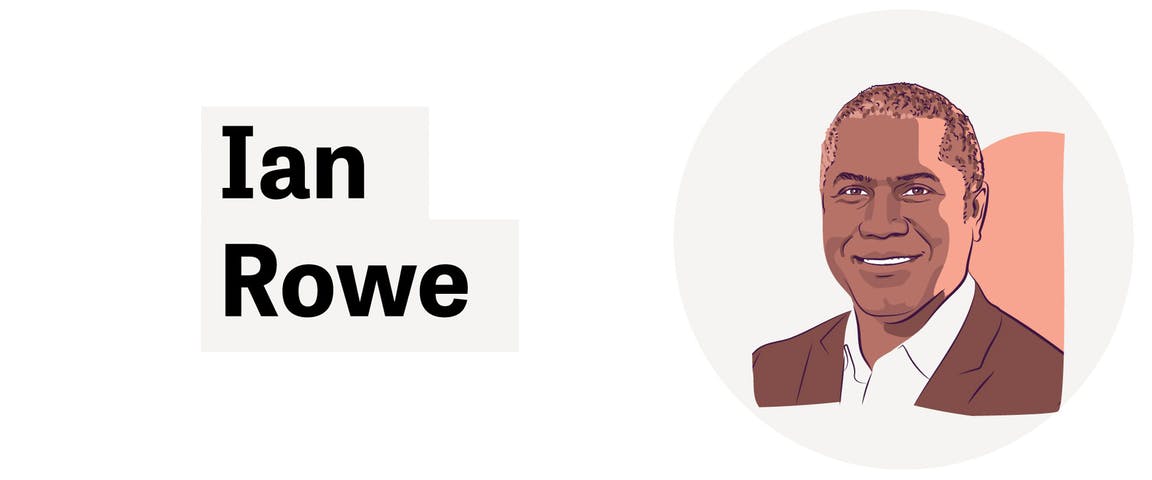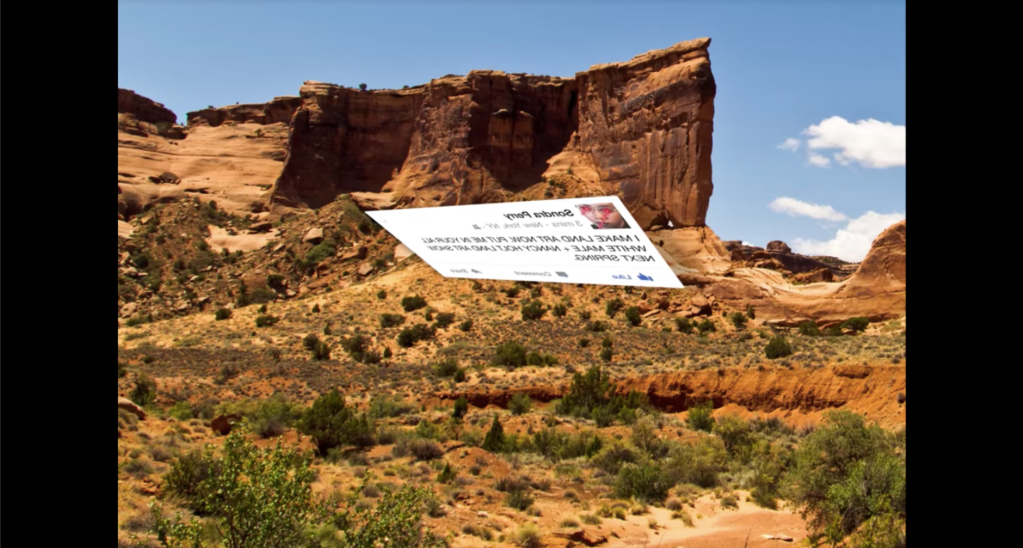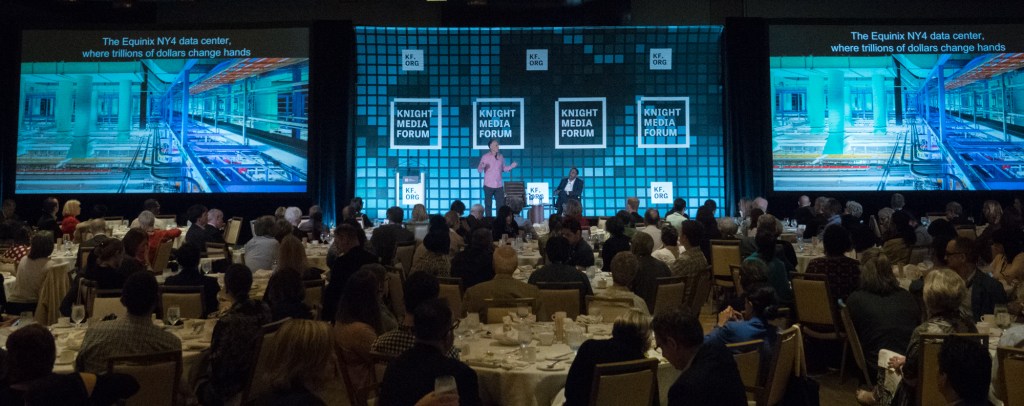
MTV inspired youth vote through a “Street Team” of young reporters

This piece is one of a series that looks at the Knight News Challenge winners, and their thoughts on future trends, on the occasion of the challenge’s 10th anniversary.
Long before Barack Obama exploded onto the national scene to capture the Democratic presidential nomination, Ian Rowe was trying to figure out how to ignite the youth vote in the 2008 election.
Rowe at the time was head of MTV’s non-profit arm and came up with the idea of a “Street Team’’ of 51 young reporters – each possessing the best technology available at the time – to cover issues of importance to youth in all 50 states and the District of Columbia. In 2007, the Knight News Challenge delivered $700,000 to launch the project and run it through election day in 2008. Knight provided nearly half the funding, and MTV contributed the rest.
The reporters came from a variety of backgrounds. Some were seasoned student-newspaper journalists, some were documentary filmmakers, while others were the children of once-illegal immigrants and student organizers.
“We were hoping to use the brand of MTV and its position among young people to “anoint’’ these street team members to really distinguish them – not just as people giving opinions, but turning them into news people,’’ Rowe said.
Technology at the time made it challenging to work live. “We had to push on the technology front so these teams could truly be mobile and shoot video, be able to communicate in real time on days like Super Tuesday,’’ Rowe said.
When 23 states held elections on Super Tuesday, the Street Team was armed with Nokia N95 mobile devices, laptops and video cameras. An innovative application at the time, provided by Flixwagon, allowed the reporters to stream live video to the Internet and store it for viewing on the MTV site.
MTV’s work inspired interest among young people, who were already getting energized by Obama’s candidacy. Nearly two million more young Americans under age 30 voted in the 2008 presidential election, as compared with the 2004 elections, analysis of Census data showed.
Rowe credits Knight Foundation for being willing to use their resources in a non-traditional way.
“It was not normal that a foundation would co-fund this effort with a for-profit company, but it was a great way to leverage foundation dollars and have an impact,’’ said Rowe. “We took a risk and the foundation took a risk and we were all pleased with what it meant for youth turnout.’’
The project spent a lot of time working to maintain the line between impartiality and opinion among the young reporters. Asked what he might have done differently, Rowe said the state-level focus of the project means they missed opportunities to do broader trend stories that crossed state lines. “We could have done more cross-fertilization of the common issues occurring across the states to hone in on those things that were more universal rather than geographic,” he said.
When the MTV Street Team was working in 2008, the technology around live streaming video in real time was still primitive. Since then, one of the huge innovations in technology has been the ability to report and communicate in real time.
“This power to communicate real-time on multiple platforms completely democratized reporting,’’ Rowe said. “Facebook Live and Periscope are two of the myriad ways that essentially empower anyone to be a Street Team reporter for an issue that they care about.’’
Even as reporting has been democratized, Rowe worries that consumers are mixing news and opinion.
“The very definition of news continues to be exploded, especially given that ‘news’ is increasingly being delivered on social media platforms which already means it is being curated through the prism of your friends, existing political opinions or other narrow casting,’’ Rowe said. “Crowd-sourced opinion is increasingly morphing into what people consider to be news.’’
After the 2008 election, inspired by the issues of education and affordability that were raised during the campaign, Rowe went to work for the Bill & Melinda Gates Foundation. While there, he delivered nearly half a billion dollars in grants to colleges, universities and non-profits working to increase college completion rates, particularly for low-income students.
Currently, Rowe is CEO of Public Prep, a charter school network in New York City that operates tuition-free Pre-K and single-sex elementary and middle public schools.
George Haj is a former journalist and communications consultant in Miami.
Ed Paisley is the senior director at the Washington Center for Equitable Growth and a former
journalist.
-
-
Press Release
-
Community Impact / Press Release
-
Community Impact / Press Release
-
Community Impact / Press Release
-
Community Impact / Press Release
-
-
Community Impact / Press Release
-
-
Community Impact / Press Release
-
Recent Content
-
Artsarticle ·
-
Artsarticle ·
-
Community Impactarticle ·


